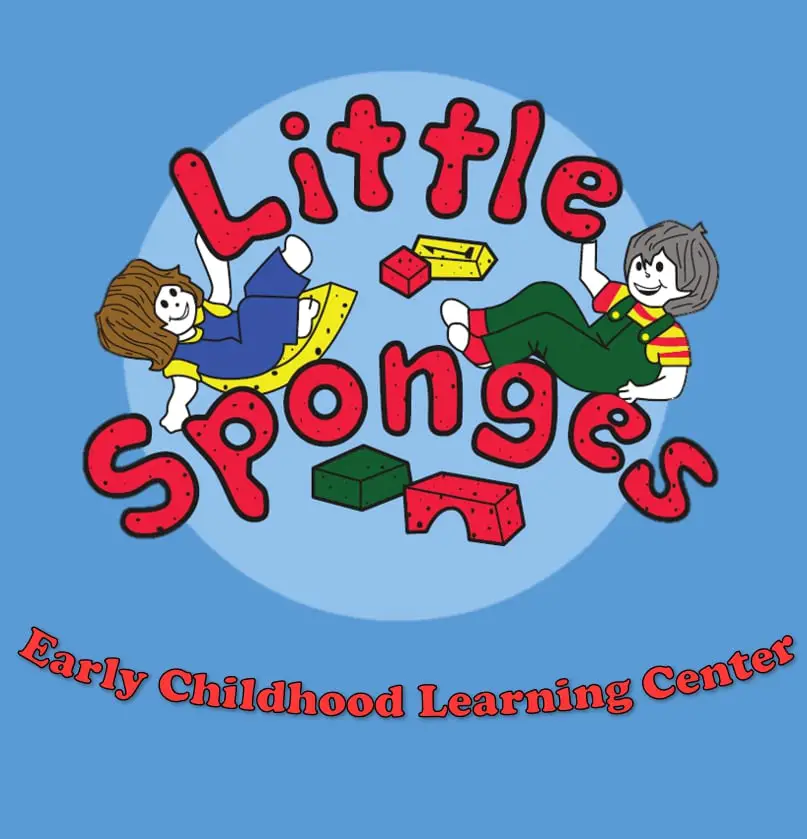
This is How Parents Can Help Their Child from Falling Behind at School
Here's how parents can help prevent their child from falling behind at school despite all of the changes to schooling in the last year.
Get can’t-miss family activities sent to you!
Get the Best Kid-Friendly Activities
Sent to You Weekly!
RELATED: Find After-School Activities for Your Child
Explore Your Child’s School Choice Options
If you feel that your child’s school isn’t the right fit for them anymore, take some time this winter to explore your school choice options, in case you want to switch schools for next year. The New York metro area offers more schooling choices than families immediately realize, including public, charter, magnet, online, private, and home education, as well as scholarship opportunities for low-income families.
It will be difficult to switch schools in the middle of the year, but it’s not impossible. Finding a different environment for the next school year, however, is much more realistic. The key to navigating the school search process is to start looking now–not wait until this summer. See if you can set up 1-on-1 video chats with the school’s admissions department, watch virtual open houses, and some schools might even offer 1-on-1 in-person tours following strict COVID-19 safety guidelines. When you tour potential schools (whether online or in person), make sure to ask questions about how the school is handling the pandemic, how it ensures students are successful, and more to see if the school environment will truly meet your child’s educational needs.
In June, Assess How the Current School Year Went
Finally, set aside a few days after schools close for the summer to truly evaluate how much your child has learned this year. Your goal should be to identify whether your child has learned at grade level or is falling behind at school. There are free assessments that parents can use to help determine this. For less than $50 and a more complete picture of your children’s progress, you can access the online Stanford Ten tests or the booklet-based Terranova tests. Nobody enjoys standardized tests, but this information could be crucial to ensuring your child is set up for success this fall. Unlike state tests, only you will know your child’s scores.
Beyond assessment tests, evaluating your child’s learning should include thinking about your personal goals for your child. What are your hopes and dreams for your child’s development and are those being attained? While test metrics matter, what matters even more is your insider knowledge about whether your child is on the path to the future you hope him or her to have.
Most importantly, all parents should recognize that they are not alone. Every family in the U.S. has faced unprecedented struggles this year. So, take a moment to reflect on all you’ve done to help your children this year, recognize the sacrifices made by your child’s teachers, give your kids some big hugs, and plan for some down time this summer. Someday, hopefully soon, things will get back to “normal”. And with the right planning, families can make the transition back to “normal” as easy as possible for their kids.









